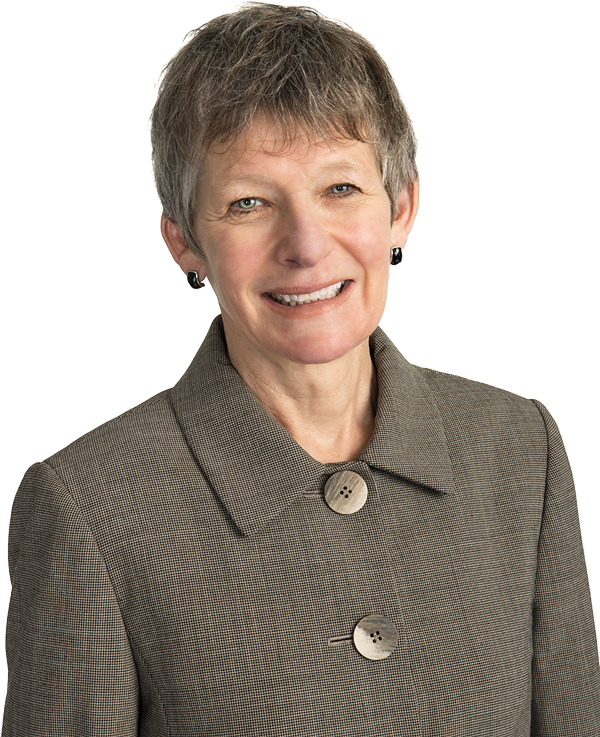Identifying unique considerations when one party is a foreign entity
Contributors

Christian Scali

Halbert B. Rasmussen
The U.S. auto retail sector has in recent years seen a growing number of foreign firms and individuals seeking to acquire dealerships here. Meanwhile, U.S. dealership groups are also starting to look across the border for acquisitions.
In 2022, for example, firms from Mexico, Canada, Vietnam, and Finland were represented by Scali Rasmussen PC, a Los Angeles-based law firm, in several dealership acquisition and establishment transactions.
It was one of many international transactions the firm has worked on. Scali Rasmussen has worked with clients in Canada, Mexico, and various European countries. Getting to Go! spoke with Chris Scali and Bert Rasmussen about the intricacies of doing a deal where one party is not based in the U.S.
“One thing that sets us apart is our knowledge of what the U.S. distribution system is, and our ability to explain that to our clients,” says Chris Scali.
Bert Rasmussen is a franchised specialist under California state law and several of Scali Rasmussen’s paralegals are highly skilled at navigating the licensing and permitting work that is required. Those skills allow the firm to provide superior customer service.
A dealership buy sell transaction is remarkably complicated, involving legal, accounting, environmental, regulatory and many other layers. Scali Rasmussen can handle due diligence as well as licensing and permitting and -- because of their experience with international transactions -- they can resolve unique issues that some regulatory bodies may be encountering for the first time.
It's not enough to be experts in the U.S. distribution system, however. A knowledge of the non-U.S. parties’ distribution systems is also key. Scali Rasmussen has collaborators in Mexico and Canada and is involved in organizations related to the European distribution system, says Scali, who was born in Ohio but is of Italian descent, has dual US-Italy citizenship, and speaks fluent Italian. That allows the firm to clearly explain the differences in a foreign and U.S. distribution system.
“We find most of our foreign clients already have dealerships in other parts of the world, and they are used to a certain way of doing business,” says Scali. “It is very different than the way we do business here in the automotive sector. It is kind of an education for them, and I’ve noticed they appreciate that we have that knowledge and can explain the difference.”]
The foreign party needs to know what they are going to face when they come to the US, and specifically California, for the first time, says Rasmussen.
“This is a place where I think we can help avoid a lot of miscues,” he says.
For example, foreign clients may want to tell investors that they will be up and running very quickly. That requires an extremely problem-free transaction process.
“If you don’t do it right from the beginning,” says Rasmussen, “there is so much risk that the deadline will not be met. And then everybody gets disappointed and sometimes bad things happen like an investor decides he has had enough.”
The U.S. franchise system can be very difficult for a foreign buyer to navigate, especially if the potential non-US buyer is private equity or a family office. It helps if the investor has a prior relationship with the auto manufacturer, who must approve the transaction.
Non-automotive buyers may not have enough of a connection with the manufacturer to seal the deal, says Rasmussen, “while as if you have an overseas entity with some dealership experience, they have a better shot at it.
“That said,” he adds, “We have to keep in mind that a family office or private equity can assemble a team to make it an attractive offer.”
Having a local point of contact is important for any foreign entity looking to acquire automotive assets in the U.S., says Rasmussen. Most U.S. regulatory agencies want to work with an individual here who is at least nominally in charge, he says, and they want that person to have a US driver’s license and a social security number.
“So as mundane as that might sound, many times we have had clients who don’t have that person and it can really stop up the works,” he says.
Business model convergence drives more cross-border activity
Companies in Mexico and Canada recently have been actively acquiring auto franchises here, but that wasn’t always the case. When he started doing automotive industry-related legal work several decades ago, significant foreign investment from anywhere, even Canada, was rare, says Rasmussen. That has changed dramatically.
He attributes the surge in Canadian and Mexican entities investing in the U.S. retail auto sector to a convergence of business models. While NAFTA has certainly helped, the primary driving factor, says Rasmussen, is “more in terms of the relationship kind of approach.”
While Mexico and Canada are obvious acquirers of US automotive franchises, there is also a good deal of interest in the U.S. market from European dealership groups, says Scali.
That is likely due to some changes in the European system there that have caused “a lot of disgruntlements,” he says. “That might cause some people to come over here.”
The proliferation of electric vehicle companies also is driving a lot of international automotive work, says Rasmussen. Some foreign EV makers are not looking to open dealerships. Instead, they are following Tesla and going with a storefront approach. That and the lack of an internal combustion engine – and the accompanying layers of approvals needed from the US Environmental Protection Agency and, if they are selling in California, the Air Resources Board – makes market entry much smoother, says Rasmussen. “With EVs, there is no tailpipe.”
There is a “virtually limitless opportunity” to grow his firm’s international practice, says Rasmussen. Besides working with international investors looking to enter the U.S. on both the buy side and the sell side, “we are also developing a network to help U.S. entities invest overseas,” he says.

Alysha Webb, Editor
This article was written for Getting to Go, a buy/sell newsletter from Scali Rasmussen.

